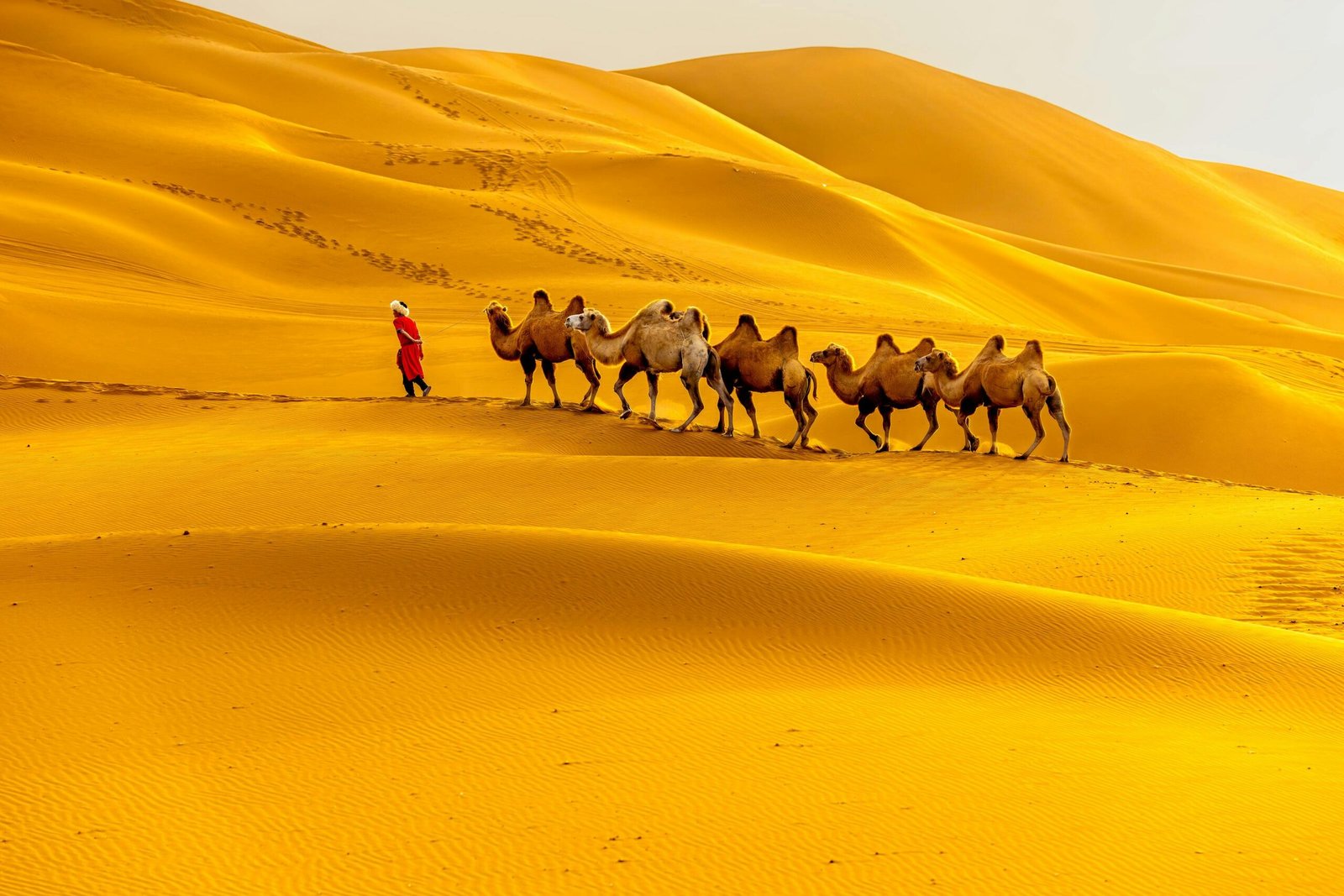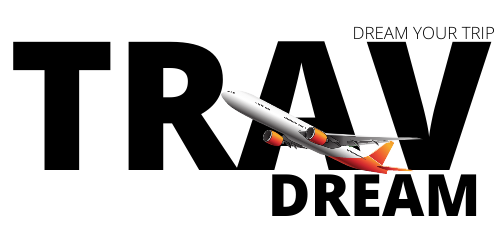
Morocco is capturing global attention like never before. From stunning coastal resorts and desert adventures to booming infrastructure and cultural renaissance, the country has become one of the most talked-about destinations in Africa. Its vibrant mix of old traditions and modern ambitions makes Morocco a nation that bridges worlds — where heritage meets innovation, and travelers can experience both serenity and excitement in a single journey.
1. The Travel Trend That’s Redefining Morocco
Tourism in Morocco is undergoing a remarkable transformation. Once known primarily for Marrakech’s colorful souks and the dunes of Merzouga, Morocco is now drawing travelers who crave deeper, more authentic experiences.
Modern visitors are not simply passing through — they are staying longer, exploring smaller towns, and booking experiences focused on culture, nature, and sustainability. Popular searches on travel platforms like Trip.com, Booking.com, and Flyvoye show growing interest in places such as Chefchaouen, Essaouira, Ouarzazate, and the Atlas Mountains.
Why Morocco is trending with travelers:
-
Affordable luxury: Riads, boutique hotels, and eco-lodges offer world-class comfort at accessible prices.
-
Desert and mountain adventures: Camel treks, 4×4 desert safaris, and hiking tours through the High Atlas are top searches on GetYourGuide and Klook.
-
Cultural immersion: Cooking classes, pottery workshops, and Berber village tours are drawing conscious travelers seeking meaningful connections.
-
Year-round sunshine: From coastal surf towns to snowy peaks, Morocco’s diverse climate makes it ideal for any season.
The result is a tourism scene that blends traditional hospitality with new-age adventure — a perfect mix for modern explorers.
2. Morocco’s Infrastructure Revolution
Morocco’s transformation is not limited to tourism. Massive investments in roads, rail, and airports are reshaping connectivity across the country.
The country’s high-speed train network connects major cities like Casablanca, Rabat, Tangier, and Marrakech in record time, while new expansions are bringing more regions into the fold. These advancements are turning internal travel into a smooth, scenic experience.
Air travel is also improving rapidly. Morocco’s international airports — especially in Casablanca, Marrakech, and Agadir — are expanding capacity and introducing smarter systems to accommodate the rising number of global visitors. This wave of modernization makes Morocco not only a travel hub for Africa but also a gateway between Europe and the Arab world.
For travelers, this means shorter trips, smoother connections, and more comfort, while for locals, it means economic growth and new opportunities.
3. The Rise of Eco-Tourism and Sustainability
Sustainability is becoming the new soul of Moroccan travel. Across the country, eco-lodges, desert camps, and mountain retreats are leading the way toward greener tourism.
In the Sahara, some operators now run fully solar-powered camps that limit plastic use and support local nomadic families. In the Atlas Mountains, community projects invite tourists to participate in reforestation efforts or learn about traditional Berber agriculture.
Coastal regions like Essaouira and Agadir are also promoting responsible surfing, beach clean-ups, and ocean conservation. Meanwhile, luxury hotels are incorporating sustainability into design — using local materials, natural cooling systems, and waste reduction practices.
Morocco’s shift toward sustainable tourism is more than a trend; it’s a national movement redefining what responsible travel means in Africa.
4. Moroccan Culture: A Living Heritage
Culture has always been Morocco’s heartbeat — and today, it’s thriving like never before. Festivals, art fairs, and music events are drawing global audiences eager to experience the country’s diverse creative scene.
Key cultural highlights driving global attention:
-
-
Mawazine Festival (Rabat): One of the largest music festivals in the world, blending global pop stars with Moroccan performers.
-
-
Tan-Tan Moussem (Southern Morocco): A UNESCO-recognized nomadic fair celebrating tribal traditions, poetry, and camel culture.
-
Fès Festival of World Sacred Music: A unique event where spiritual music from all faiths echoes through medieval courtyards.
-
Gnaoua Festival (Essaouira): A soulful celebration of African rhythm and trance music that unites ancient heritage with modern sound.
This cultural richness doesn’t just entertain — it connects Morocco’s past with its present. From street art in Casablanca to heritage crafts in Fès, Moroccan identity continues to evolve while staying deeply rooted in authenticity.
5. A Magnet for Digital Nomads and Creatives
Another growing trend is Morocco’s appeal to digital nomads, filmmakers, and artists. With improved Wi-Fi connectivity, affordable living, and cinematic landscapes, the country is becoming a creative paradise.
Filmmakers are drawn to Ouarzazate — often called “Africa’s Hollywood” — where classics like Gladiator and Game of Thrones scenes were filmed. Meanwhile, remote workers and freelancers are setting up co-living spaces in Marrakech and Taghazout, blending work with surf, sunshine, and Moroccan coffee culture.
Coworking hubs, rooftop cafés, and scenic riads now cater to the “work-from-anywhere” generation. It’s no surprise Morocco ranks among the most desired nomad destinations in Africa, balancing modern comfort with cultural depth.
6. The Culinary Renaissance
Moroccan cuisine has always been legendary — but today, it’s evolving into a global culinary powerhouse. Traditional dishes like tagine, couscous, harira, and pastilla are being reinvented with creative flair, attracting food lovers from across the world.
Cities like Marrakech and Casablanca now boast fine-dining restaurants that fuse Moroccan, Mediterranean, and Asian flavors, while local markets remain alive with street food favorites like msemen (flaky pancakes) and briouats (stuffed pastries).
Cooking classes, food tours, and farm-to-table experiences are among the top-rated activities for travelers. Moroccan cuisine’s secret lies in its balance of spices, storytelling, and hospitality — every dish reflects centuries of history and cultural exchange.
7. Modern Morocco: Tradition Meets Innovation
The most fascinating thing about Morocco’s transformation is how it balances modern progress with timeless tradition.
Cities are buzzing with energy — electric trams glide through Casablanca, new tech startups are emerging in Rabat, and the youth are embracing entrepreneurship. Yet in the medinas of Fès or the mountain villages of Imlil, life continues at a peaceful rhythm that feels untouched by time.
Women entrepreneurs, artisans, and designers are also leading change. From eco-fashion brands to handmade cooperatives, Moroccan women are redefining what empowerment looks like in a society that respects both modern values and cultural heritage.
This blend of old and new is what makes Morocco unique — a place where donkeys and Teslas share the same road, where ancient crafts meet digital innovation.
8. Why Morocco Captures the World’s Imagination
In an age when travelers seek authenticity and meaning, Morocco delivers in every sense. It’s a land of contrasts — ocean and desert, chaos and calm, color and shadow. Whether you’re wandering through the blue alleys of Chefchaouen, sleeping under desert stars, or sipping mint tea on a rooftop at sunset, Morocco makes you feel both grounded and transformed.
The country’s rise as a global travel and cultural hotspot reflects more than marketing success — it represents the power of vision, diversity, and resilience. Morocco is not simply following trends; it is setting them.
Morocco’s story today is one of reinvention. It’s a destination that continues to surprise and inspire travelers, investors, and artists alike. With its growing global influence, cultural pride, and forward-thinking leadership, Morocco stands as a shining example of how a nation can evolve without losing its soul.
Whether you’re visiting for adventure, wellness, business, or creative inspiration, one thing is certain — Morocco leaves a mark that stays long after you’ve left.

